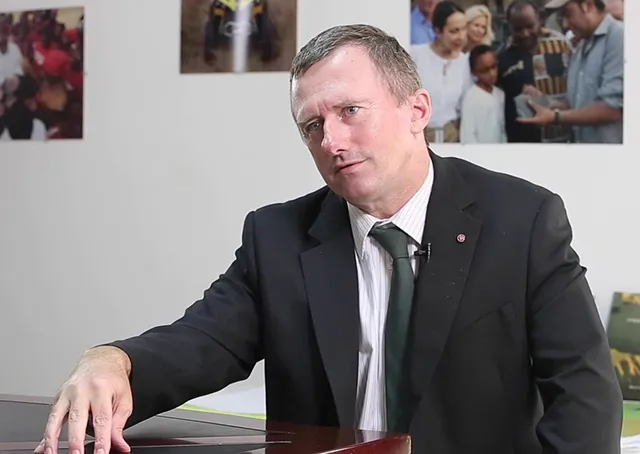Gabon’s environment minister, Lee White has said that the world will only take meaningful action on the climate crisis once people in rich countries begin to die in greater numbers from its effects.
White who warned that broken promises on billions of dollars of adaptation finance have left a “sense of betrayal” before Cop27, said that governments were not yet behaving as if global heating was a crisis and he feared for the future he was leaving to his children.
He regretted that the $100bn of promised climate finance from rich nations was not reaching poor countries, which was driving distrust in the UN climate process.
The UN has termed Cop27, which begins next week in Sharm el-Sheikh, as “the Africa climate conference”. And it is expected that the loss and damage to finance for countries experiencing the worst consequences of global heating will be a key issue.
Read also: Nigeria to partner AFDB on innovative climate change solution
“With everything that’s happened in the last year in the Horn of Africa and Pakistan – those places really count,” White said. “But with the once-in-a-500-year drought in Europe, fires in France, and the New York subway becoming Niagara Falls, we might be at a point where things are getting bad enough that developed nations start taking the climate more seriously”.
According to him, “It’s a horrible thing to say but until more people in developed nations are dying because of the climate crisis, it’s not going to change,”.
Recent reports have shown how close the planet is to climate catastrophe, with scientists warning that the world has reached a “really bleak moment and Gabon which is one of the most forested nations and home to more than half of the remaining critically endangered African forest elephants, is holding one of the largest ever sales of carbon credits, generated by protecting its portion of the Congo basin rainforest, the world’s second-largest and the last that sucks in more carbon than it releases.
White noted that his country, which gets about 60% of its state revenue from oil, accepted that the oil economy would go and that greater emphasis needed to be placed on sustainable forestry and timber.
Story was adapted from the Guardian.
